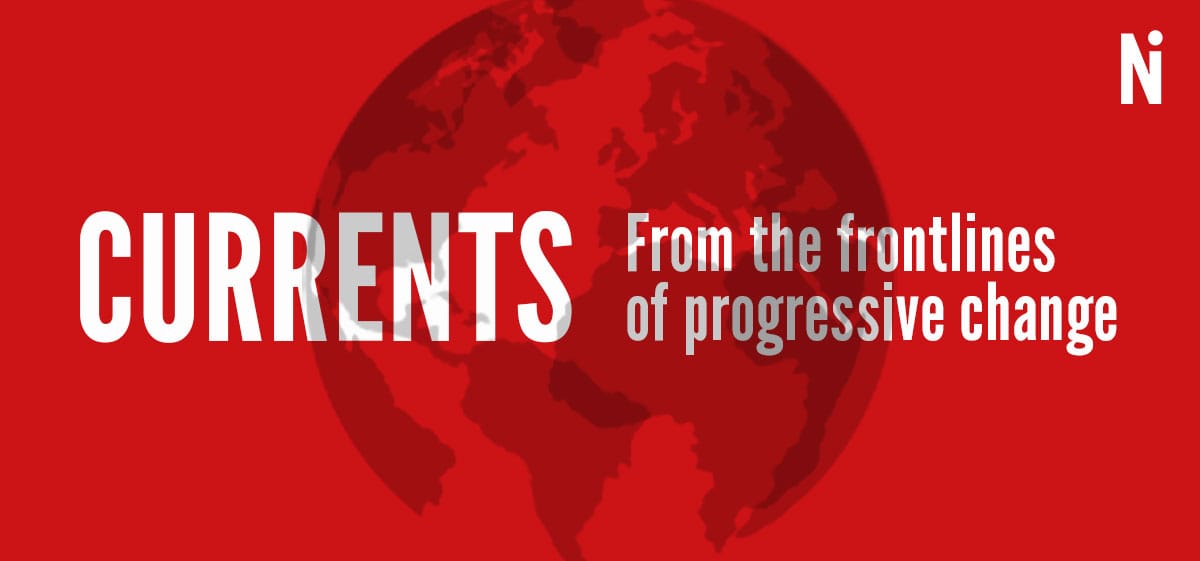The majority of UK councils are failing to hit their climate targets
Isabella Poderico in Brighton

Climate Emergency UK released its 2025 council climate action scorecards this week, which show only a marginal improvement on progress by local authorities across Britain towards achieving their own net-zero targets.
The assessment reveals that councils are only hitting an average of 38 per cent of the actions needed to adapt and mitigate the effects of climate change. While this was 6 per cent higher than the average scores in 2023, just 62 out of 391 councils scored above 50 per cent. Most of the high scoring councils are in London, where the Greater London Authority – the capital’s municipal body – already has a legal duty to act on climate action. Other top scorers include local governments in the English cities of Manchester, Winchester and Bristol. Northern Irish councils scored the lowest on average.
‘We’re pleased to see councils using the scorecards to improve, especially as the effects of climate change hit closer to home with wildfires already happening and a predicted drought this summer in the UK,’ says Isaac Beevor, partnerships director at Climate Emergency UK, which tracks how local council are responding to the climate crisis. ‘However, the UK government must make climate action a fully funded legal duty for all UK councils to remove the national barriers councils face.’
Beevor adds that this will ensure councils have the funds and powers to protect residents from flooding, air pollution and rising energy prices outside of election cycles.
The assessment includes over 90 indicators created in consultation with experts from environmental groups like Divest UK, Crossing Footprints, Friends of the Earth and Community Rights Planning, as well as local residents, campaign groups and city councillors.
Councils receive points according to how likely they are to achieve their climate targets by cutting energy bills, protecting green space and improving public transport. They are deducted points for actions that increase emissions such as approving new coal, oil or gas infrastructure or investing pension funds in fossil fuels.
The UK is the fourteenth highest polluting nation per capita globally. But rather than highlighting the emissions from private companies, Climate Emergency UK is working closely with councils because it says that’s where residents can play an important role in creating pressure from below to influence policy that will improve their lives, especially during an ongoing cost of living crisis.
But the scorecards also have limits. Annie Pickering of Climate Emergency UK, says it is difficult to track whether councils are outsourcing climate action to private corporations, which raises concerns of a profit-oriented green transition.
As the need to transition away from fossil fuels becomes ever more urgent, tools such as these scorecards can play an important role in empowering local people to hold local politicians to account for their lack of progress on climate action – and advocate for a transition that works for all of us.
📰 Want to see how your local council scored in 2025? Check out the scorecard results here
👉 Read more about the profit-motivated green transition in our Climate Capitalism issue
✅ Support Climate Emergency UK's crowdfunder to fund the next edition of the scorecards
✊ Get involved in the Make Polluters Pay campaign, which includes a mass lobby outside Westminster on 9 July, and a mobilisation day on 20 and 21 September
Read the latest issue of New Internationalist
Like what you've read? Support us with a tip
Looking for more? Listen to our podcast The World Unspun
Shop ethical goods at our very own Ethical Shop. Create an account and use the code CURR15 for 15% off your first order!

